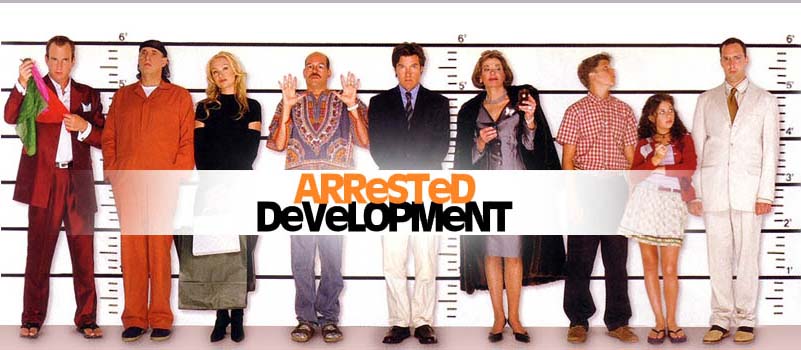Victor Methos

Contact Me
Email : vmethos@gmail.com
Twitter: @victormethos
Facebook: Follow me here
Website: www.victormethos.com
Popular Posts
-
As a criminal defense attorney, my dealings with homicide detectives are always in opposition. In fact, I wouldn't be surprised if there...
-
When I was sixteen, my buddy and I visited a psychic. It was on our way to a tattoo shop and we decided to stop by because the sign said...
-
I've always loved Napa, California and spent my summers here as a kid on my cousin's ranch. So trekking through the mountains at one...
-
I get asked a lot about jury trials. Is it really like in the movies and TV shows where prosecutors and defense attorneys can go undef...
-
Arrested Development, I feel, is the funniest show that has ever been on television. Here are just a few of the gems that show has produced:...








